Vegetable Garden Basics: Part 4 – Companion Plants, Seeds, and When?
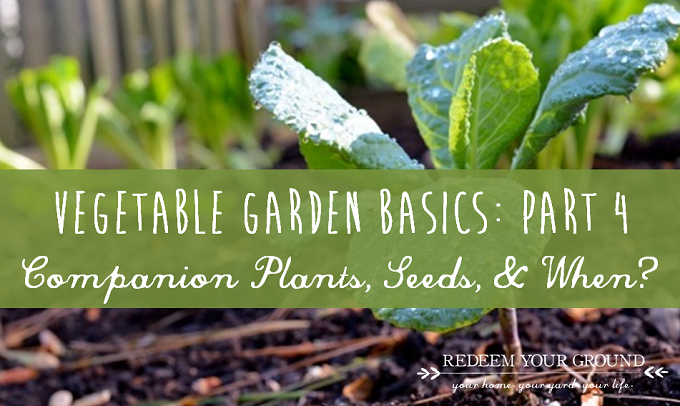
We’re in the homestretch now ground redeemers! Today’s post is the last of 4 posts I’ve done over the past few weeks on Vegetable Garden Basics. In case you’ve missed the other posts, here’s where you can find them:
Today I’ll answer the last 3 questions I hear most frequently:
-
- Is there any rhyme or reason as to where certain plants go relative to one another?
- Should I plant seeds or starter plants?
- When should I get started?
![]()
Is there any rhyme or reason as to where certain plants go relative to one another?
The quick answer to the question…Does it matter where you grow certain plants relative to others?…is…yes. And it depends primarily on a few things: 1. access; 2. sun/shade; and 3. the plants themselves.
1. Access: This may seem obvious, but you need to make sure that you plant your plants where you can get to them easily…to both harvest the fruits of your labor and to take care of them. For instance, you don’t want to plant your tall tomato, okra, or pepper plants where it makes it difficult to get to your smaller plants.
And I realize, it’s sometimes difficult to visualize all of this when you’re starting with seeds or planting starter plants…with everything being so small. But do your research to better understand how big your plants will get when they’re full-grown…and be smart about your placement.
2. Sun/Shade: Similarly, you should take into account how the sun travels over your garden…making sure that you place your plants in such a way that your taller plants don’t shade out your shorter plants.
3. The Plants Themselves: You also need to take into consideration that some plants grow better near each other and some don’t. It’s called companion planting…which essentially means putting plants that help each other near each other…and those that inhibit growth, away from each other.
 Rather than recreating it myself, here’s a link to an excellent chart on the Urban Farmer website that very clearly maps out which plants are compatible and which plants are combative…by plant. Bookmark this one…because I’m fairly certain you’ll want to go back to it each time you plan your garden.
Rather than recreating it myself, here’s a link to an excellent chart on the Urban Farmer website that very clearly maps out which plants are compatible and which plants are combative…by plant. Bookmark this one…because I’m fairly certain you’ll want to go back to it each time you plan your garden.
Should I plant seeds or starter plants?
There are a number of things you need to consider when answering the question seeds or starter plants? 1. Cost; 2. Time; 3. Timing; 4. Risk; and 4. Fun/Education.
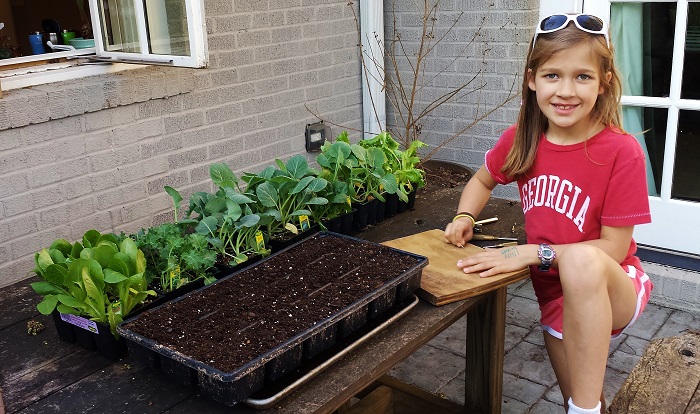
Littlest One…helping plan last year’s veggie garden.
So you’ll have to decide for yourself…depending on what you’re looking to achieve and how much time you have to get plants into the ground. But here’s my take on which option wins out along these variables:
1. Cost [Advantage…Seeds]
Quite simply, seeds are a ton cheaper than starter plants. Even though you may have to buy a few things for the seeding process…at the end of the day, going the seed route will be less costly.
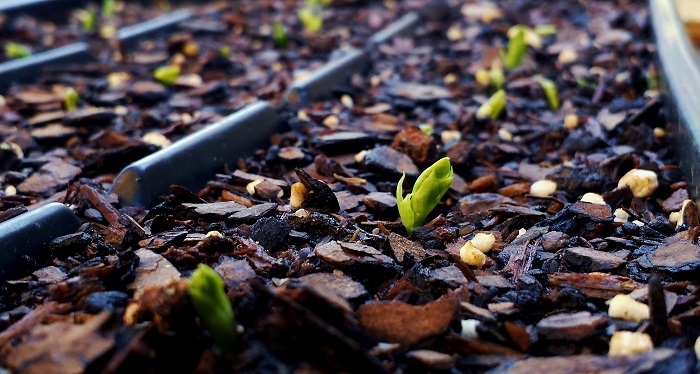
Sugar Snap Peas…emerging.
2. Time [Advantage…Starter Plants]
Starting from seeds is a process…a process that takes a good bit of baby-sitting, which takes time. Whereas it takes relatively no time to put a starter plant in the ground.
3. Timing [Advantage…Starter Plants…kind of…]
Simply put, you may be too late to consider the option of going with seeds. So starter plants may be your only option. That’s because there’s only a certain window when you can have your seeds grown enough to be ready to plant at the right time of year. But depending on what you want to grow and if you’re in the right window…you may be able to start from seeds. (See the section below for more on this.)
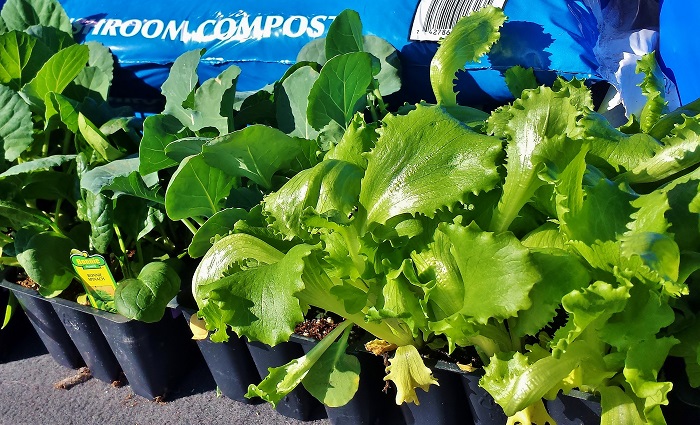
Starter plants.
4. Risk [Advantage…Starter Plants]
One of the biggest advantages to starter plants is that it’s actually already a plant vs. risking your being able to successfully grow a plant from a seed. The other advantage is…when buying starter plants, you can pick those plants that look the healthiest.
5. Fun/Education [Advantage…Seeds]
We started our first veggie garden from growing seeds inside. And although it took considerably more effort and time, it was a lot of fun. The girls and I loved caring for our babies…making sure they always had enough water, moving them in and out of the house to “harden them off”, and transplanting them from the starter trays to small pots. We really enjoyed the entire process.
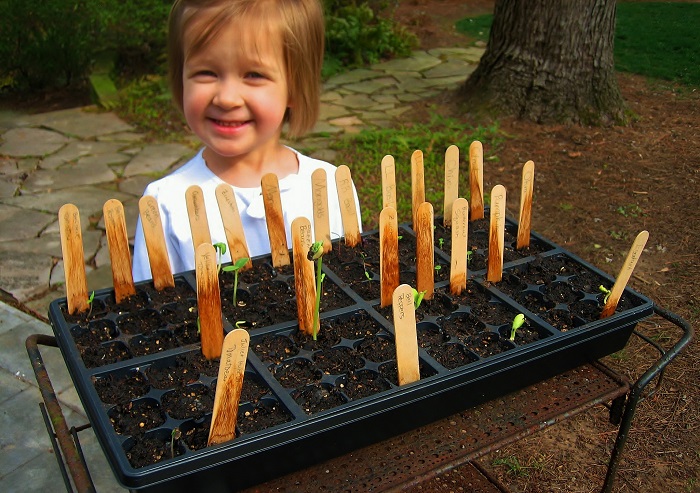
Littlest One…enjoying a lesson on plants…circa 2009.
But beyond that, it was a great opportunity to educate them on where food comes from. You see, we didn’t start growing our own food for the direct health benefits (although important) or to reduce our grocery bill (because it probably hasn’t). But we primarily did it to help give our girls a better appreciation for food…understanding what real food is vs. what it’s not. And from there…our hope is that they will make better decisions when it comes to what they put in their mouths. We feel seeing a plant grow from a seed helps do that.
When should I get started?
You need to get started…now! Kind of kidding, but kind of not.
The truth is…regardless of when it is, there’s always something you could be doing in or for your veggie garden. From planning and prepping…to planting and harvesting…it’s a year-round affair.
But that’s probably not where you wanted me to go with this question. You were probably wondering when you should put some plants in the ground…or if you’re really industrious, when you should start some plants from seeds.
Well…like my responses to several of the other questions is…it depends.
-
- It depends on what you want to grow…as the time for seed germination and plant growth cycles differ among plants.
- It also depends on where you live…as the climate significantly impacts what you can plant when…really revolving around the frost dates in your area.
So rather than giving you a generic response…or giving you the dates that only apply to those of you who live near me, I’m instead going to send you over to a few of links on the Old Farmer’s Almanac site and let you figure it out for yourselves.
I know this is one or two extra steps for you, but at least you’ll be relying on accurate dates, rather than a cute printable from Pinterest…only to find out that the dates were for Oregon and not Florida…where you live!
-
- To know when the expected frost dates are in your area, go to the Old Farmer’s Almanac’s Frost Date Calendar. From there all you’ll need to do is enter your zip code…and viola, you’ll know when your first and last frost dates are expected to be.
 From there, go to the Old Farmer’s Almanac’s Vegetable Garden Planner. With your known last expected frost date in hand, you’ll be able to back into when it’s recommended to start seeds inside or sow them directly into the ground…which is also when you can put your starter plants in the ground. The added bonus with this chart is it links to free planting and growing guides for over 20 of the most popular vegetables.
From there, go to the Old Farmer’s Almanac’s Vegetable Garden Planner. With your known last expected frost date in hand, you’ll be able to back into when it’s recommended to start seeds inside or sow them directly into the ground…which is also when you can put your starter plants in the ground. The added bonus with this chart is it links to free planting and growing guides for over 20 of the most popular vegetables.

Sugar Snap Peas…emerging.
-
- Now, if you really don’t care about the frost dates and want to skip directly to a more general planting calendar for your area, go to the Old Farmer’s Almanac’s Best Planting Dates Calendar. Here you’ll again enter your zip code…and out will appear a printable planting chart for 30 of your favorite vegetables. The chart will also tell you when you can expect to harvest your veggie lovelies…and, if you provide your email address, you can sign up for emailed planting reminders.
So do yourself a favor and bookmark these links so that you can have them handy when you need them again.
![]()
Phew…that was a ton of information, right?! But I told you that I was going to be aggressive this week.
Regardless, I hope you were able to get through it all and that you found this entire series helpful…and are now ready to tackle starting your very own family vegetable garden.
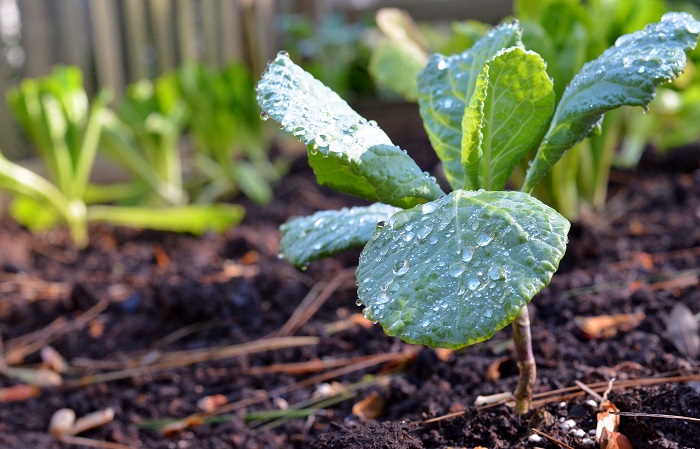
If you have other questions…please let me know. I’d love to help you.
Take care friends,

You may also enjoy these posts from RYG ...
If you're not already subscribed to RYG and want to get periodic updates, links to new posts & other ground redeeming info ... just enter your email address below. Easy as that!

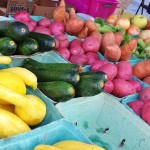

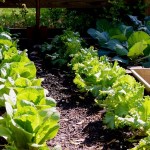
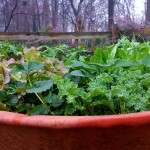
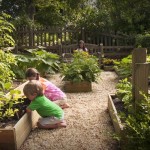
This was very helpful. Thank you!
Sparrow, so glad you found it helpful. Good luck and take care, D.